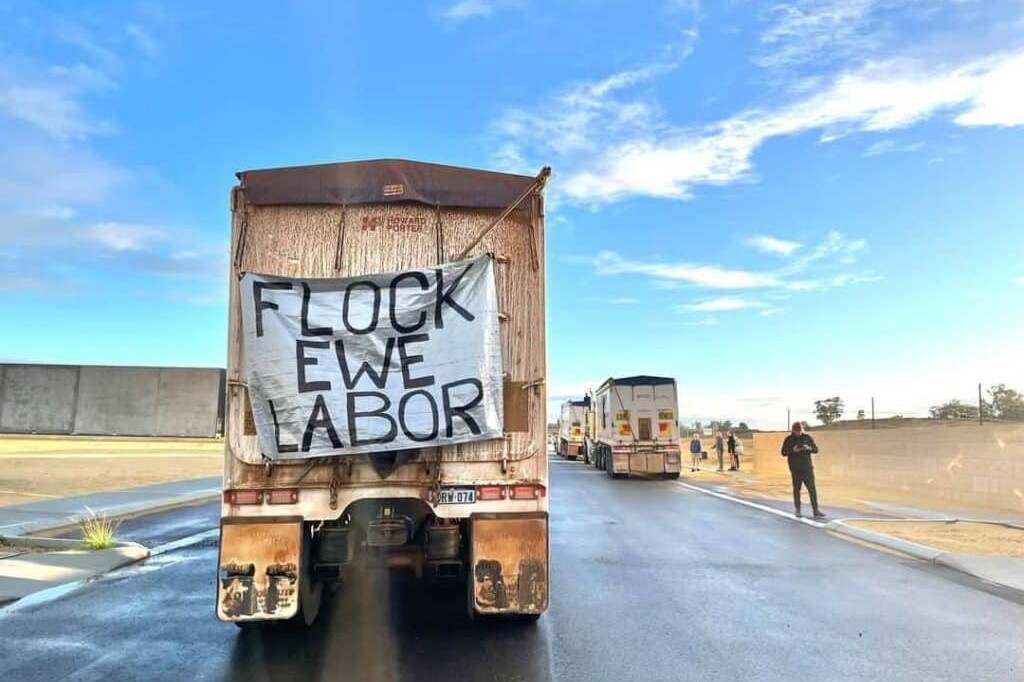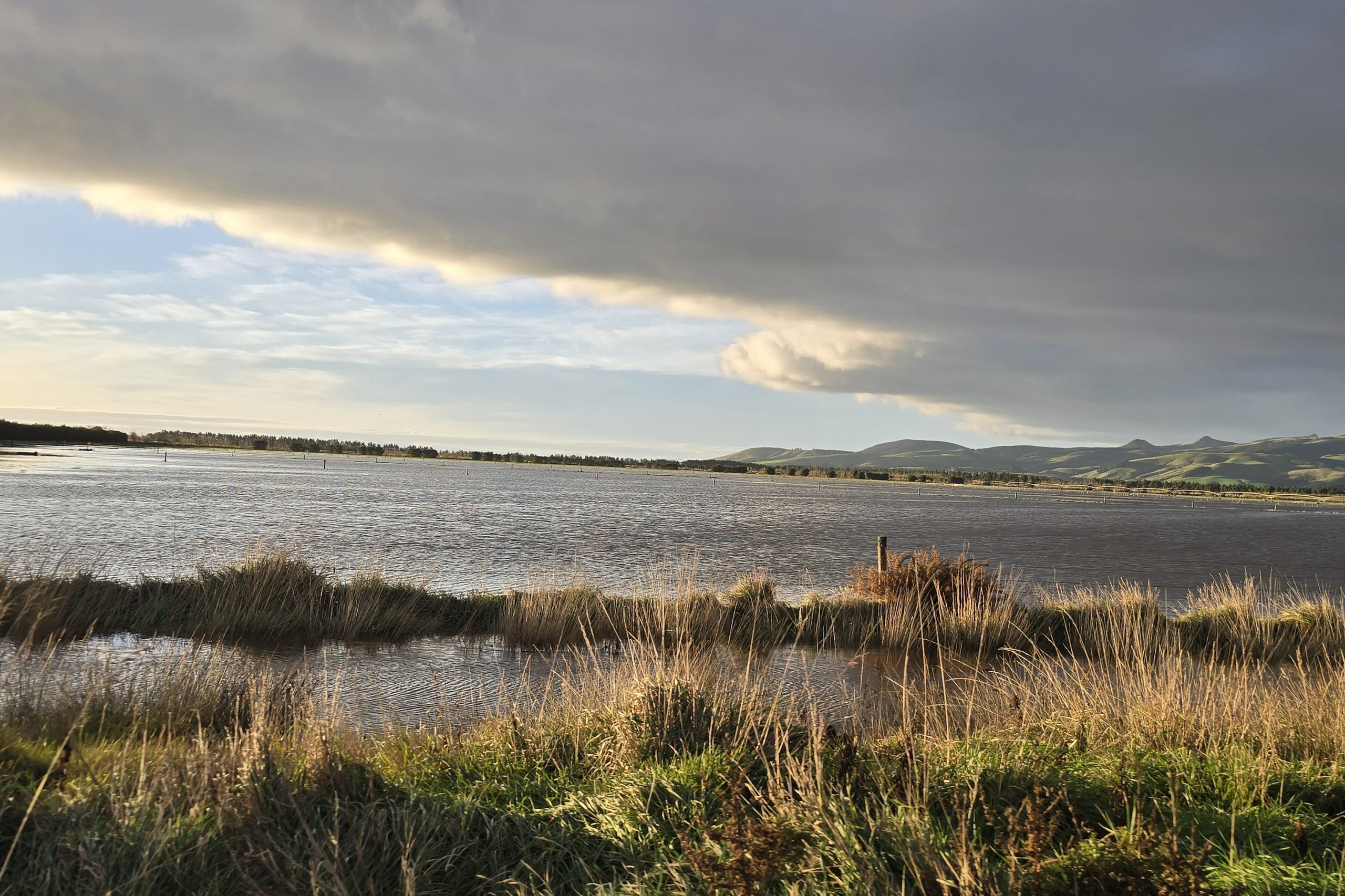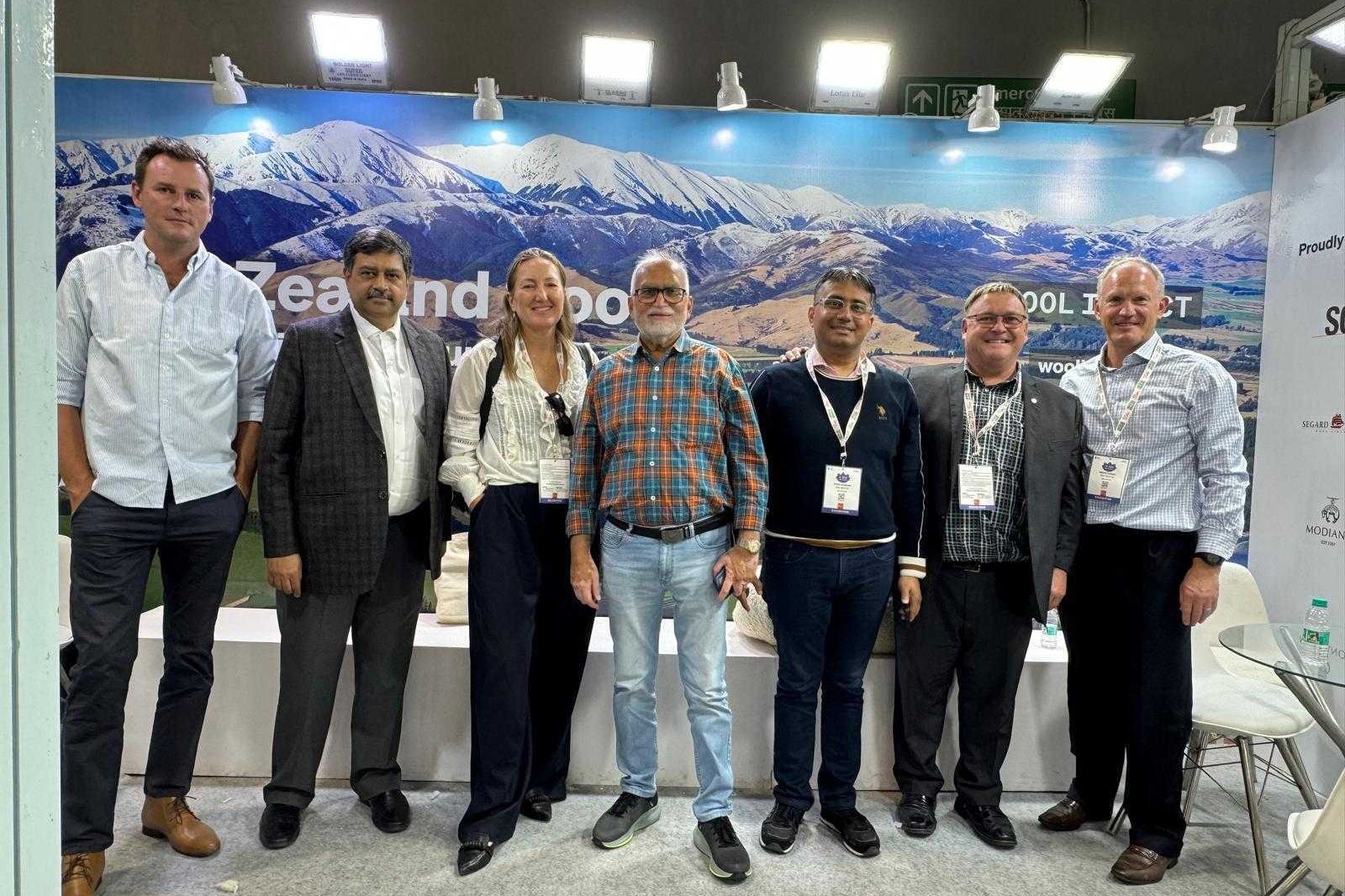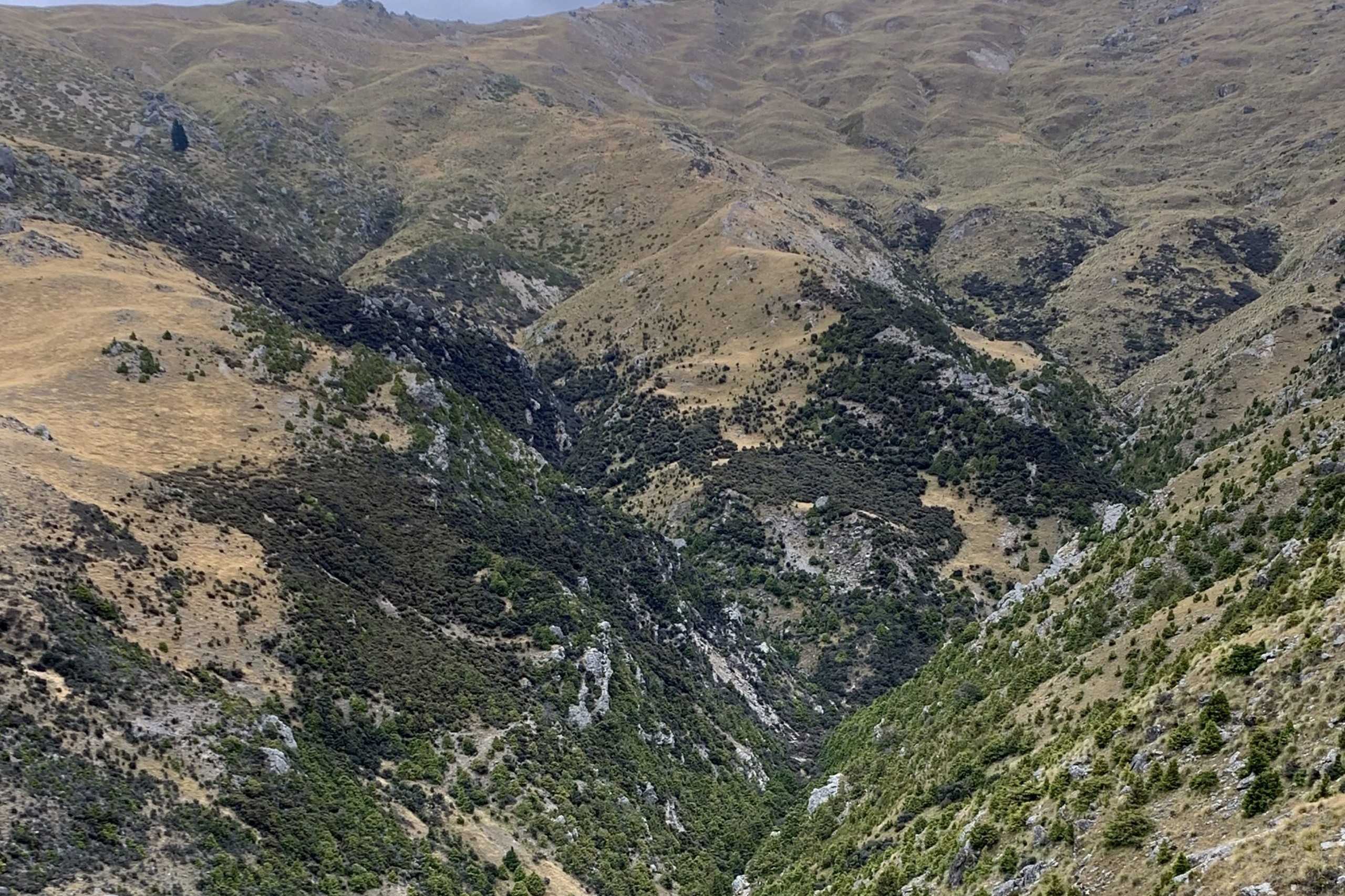Carterton sheep and beef farmer Mark Guscott reflects on the challenges of change.
Where were you on September 11, 2001? There was a pretty big event on that day 19 years ago.
I was living in a dodgy upstairs flat in Hawera as a trainee rural banker. The world has changed a lot from that one event in New York. Suz and I came home to start farming a few years after that, September 2004 to be precise and the farming world has changed a lot since then.
Side-by-side motorbikes and GPS autosteer in tractors were talked about but were in the rare category. In 1997 I got paid a salary of $15,500 before tax as an inexperienced shepherd. No one had heard of Facebook, Instagram etc.
Roll forward to 2020, side by sides are common as is GPS guidance in tractors and a junior shepherd would earn something in the early $40,000s as a salary and social media has taken over some people’s lives.
The point is, things change. Change happens whether we want it or not. The challenge for all of us is dealing with the change. That’s the hard part.
As food producers, we know that setting up a farm production system isn’t easy and as it’s a biological system you can generally do most things only once a year. Shit happens and then you have to wait a whole year to have another go at getting it right. Farms aren’t factories that you can change the settings on between production runs.
Some of the policymakers farmers are arguing with at the moment might do well to take that into account in their thinking.
BUT… We are just as much to blame as they are.
For the reasons above around production systems, we can’t change our production systems as fast as some people would like. But when we do get something right in our production systems and it works really well, we seem to be loath to change them.
It doesn’t matter that markets aren’t paying what they should or it’s quite an expensive system, if it worked in 2004 then let’s keep doing it. That might be a bit unfair but hopefully you get my point.
If we haven’t been reading the tea leaves over the past 10 years around the environmental changes that have arrived, then we’ve got rocks in our head. It’s been quite obvious that there have been issues with the way humans are treating the planet for a while and everyone has to play their part.
Our part is about less soil damage, better biodiversity and better water quality, for example. That will require us to change the way we farm. Unfortunately, some of the changes we’re being told we have to make are expensive, time consuming, disruptive and quite prescriptive. Some are poorly thought out by the policymakers and it’s right that we push back against these. Let’s not get started on the general trend of using food producers as a punching bag for everything that’s wrong with the world.
Sometimes when everything is going to shit, it’s good to get back to basics. Remember what makes farming a great occupation and way of life. Things like watching lambs and calves tearing around the paddock, getting a clean muster of a difficult gully or getting the piss taken out around the docking pen.
Just quickly before I run out of room, we’re half way through docking here in the early parts of Wairarapa with pretty good tallies so far but not record breaking.
We’re on the final burst of last season’s lambs heading for processing and the first paddocks have been sprayed out for spring cropping. As one season finishes, another is starting. That’s another reason to enjoy what we do, the never-ending cycle of life.




